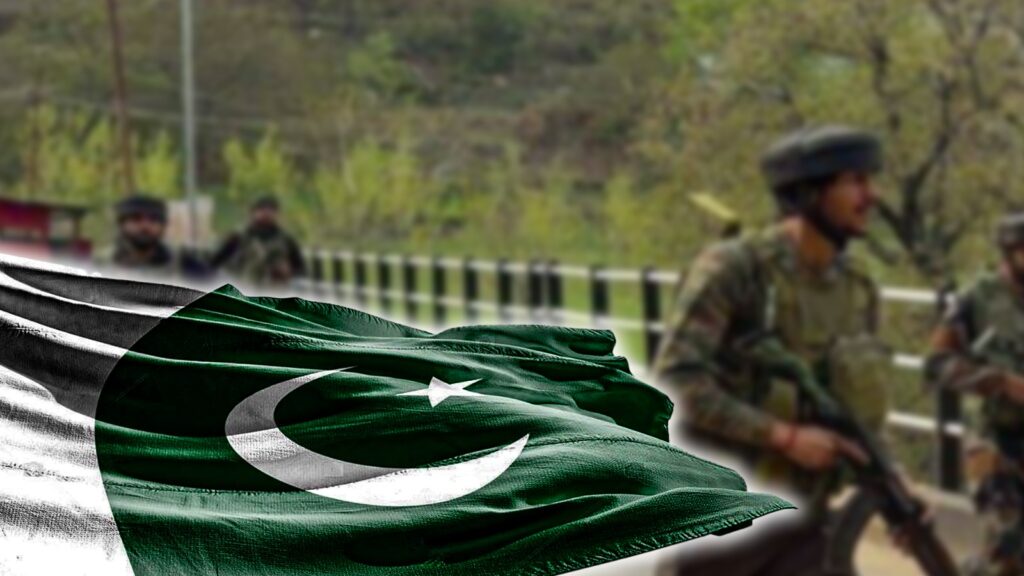Following the tragic attack in Pahalgam that killed 26 people, India has responded with a series of provocative and unilateral actions against Pakistan, without providing any credible evidence of involvement. Pakistan has firmly denied any role in the incident and has condemned the loss of innocent lives.
Despite international norms and bilateral agreements, India announced:
Suspension of the Indus Waters Treaty, a historic 1960 agreement brokered by the World Bank. This reckless decision threatens regional water stability and violates international law.
Closure of the Attari Integrated Check Post, cutting off a key humanitarian and trade route between the two nations.
Unilateral visa restrictions, canceling all Saarc Visa Exemptions for Pakistanis and forcibly expelling visitors within 48 hours.
Diplomatic expulsions, reducing diplomatic engagement instead of pursuing dialogue or investigation.
Pakistan’s leadership, including Prime Minister Shehbaz Sharif and Deputy PM Ishaq Dar, has condemned India’s hasty actions. In a National Security Committee meeting held Thursday morning, officials called for calm, evidence-based dialogue, and respect for international law.
Foreign Minister Ishaq Dar criticized India’s approach as “immature and inflammatory,” noting that New Delhi’s response was based more on political theatrics than facts. “This is not how responsible nations behave. India must stop scapegoating Pakistan for its internal failures,” Dar said.
Pakistan’s Foreign Office extended condolences over the Pahalgam attack and expressed concern for the victims, while rejecting baseless allegations and demanding a transparent international investigation.
Pakistan continues to advocate for peace, cooperation, and a fact-based response to terrorism, while rejecting attempts to escalate tensions for political gain.





